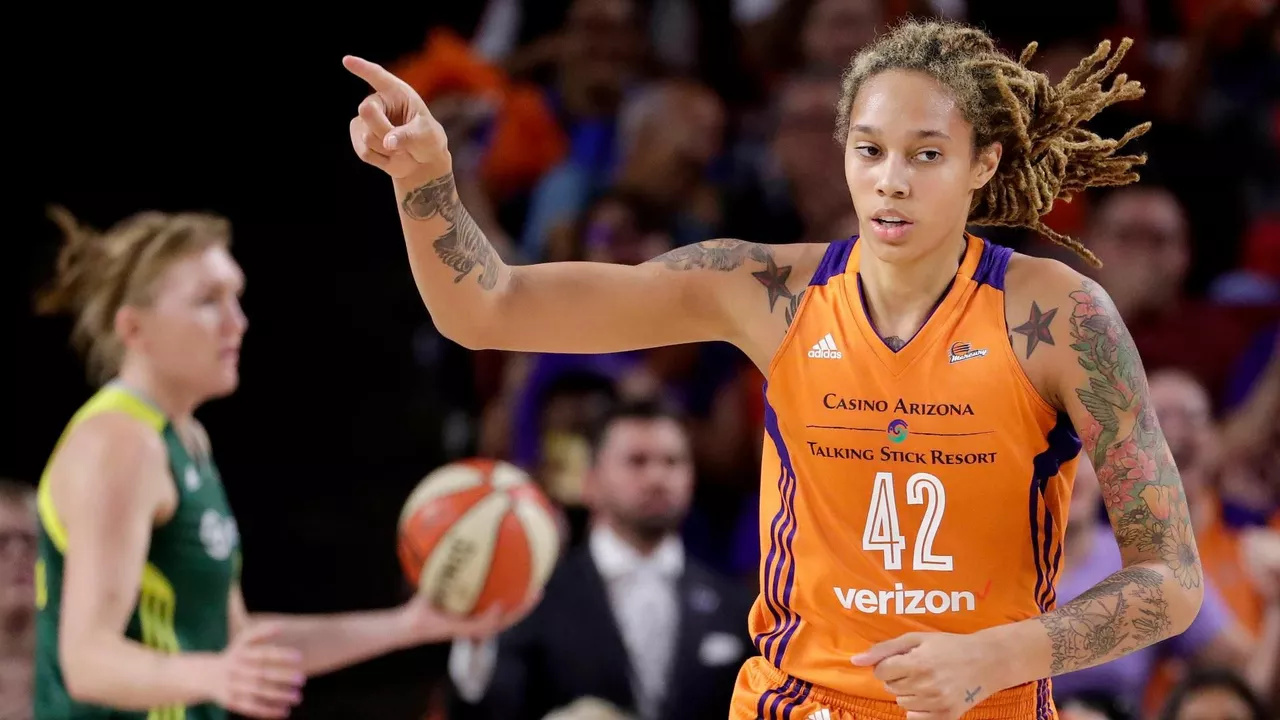Off Season: How to Keep Your Game Fresh and Ready
The off season can feel like a long break, but it’s actually your chance to get ahead. Whether you’re a fan who wants to understand what’s happening behind the scenes, or an athlete looking to improve, the next few months matter. Below are simple steps you can take right now to stay fit, learn new skills, and come back stronger.
Train Smart, Not Just Hard
Most people think the off season means stopping all workouts. That’s a myth. The goal is to keep your body moving while giving it a break from the game‑specific grind. Start with a balanced routine: a mix of cardio, strength, and flexibility. Short, high‑intensity intervals (like 30 seconds sprint, 90 seconds walk) keep your heart in shape without overtaxing joints. Add body‑weight moves—push‑ups, squats, lunges—to preserve strength.
One trick pro coaches love is “personalized training.” Instead of copying a generic program, figure out which parts of your game need work. If you’re a basketball guard, focus on agility ladders and quick‑foot drills. If you’re a baseball pitcher, spend extra time on shoulder stability exercises. Tailoring the routine means you won’t waste time on things that don’t help you.
Don’t forget the mental side. Off‑season reading, watching game film, or studying playbooks can sharpen your IQ. A few minutes each day visualizing game scenarios builds confidence and helps you react faster when the season starts.
Plan Your Recovery and Skill Upgrade
Recovery is the secret sauce of any successful off season. After a grueling season, muscles, joints, and the brain need time to reset. Schedule regular rest days, and use tools like foam rollers or massage balls to release tension. A simple 10‑minute stretch routine after each workout can prevent injuries later.
If you love the idea of learning something new, try a related sport. Many athletes cross‑train with swimming, yoga, or even rock climbing. These activities improve balance, core strength, and flexibility—qualities that translate well back to your main sport.
Finally, set concrete goals for the upcoming season. Write down three things you want to improve, such as “increase free‑throw percentage by 5%” or “run 30‑minute jogs three times a week.” Track progress in a notebook or app. Seeing small wins keeps motivation high and makes the whole off season feel purposeful.
Remember, the off season isn’t a vacation from improvement—it’s a strategic window. Use these tips, stay consistent, and you’ll walk back onto the field or court feeling ready to dominate.
Why do WNBA players go overseas to play in the off season?

As a fan of WNBA, I've noticed that many players go overseas to play during the off-season. The main reason for this is financial, as players can earn a higher salary in international leagues compared to the WNBA. Additionally, playing overseas provides opportunities to develop their skills and gain valuable experience against international competition. Exposure to different coaching styles and game strategies also contributes to their growth as players. Ultimately, the combination of financial incentives and the chance to improve as an athlete make playing overseas an attractive option for many WNBA players during the off-season.
- May 1 2023
- Maverick Sterling
- 0 Comments